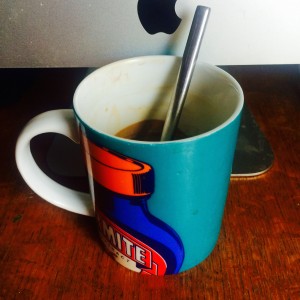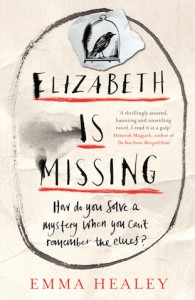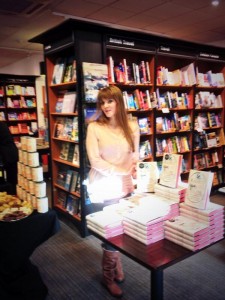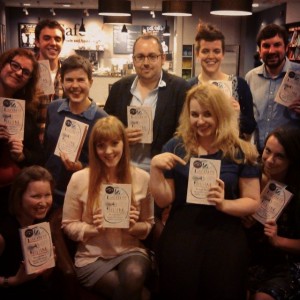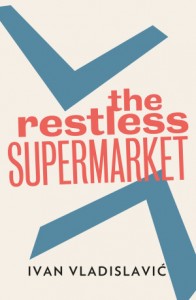The Overwhelm
How do you survive a pandemic?
Stay Inside. Stay Alert. Wash your hands. Wear a mask.
Make sourdough. Get fit. Bake banana bread. Clean out the house. Teach your kids. Volunteer. Help your neighbours. Do a course. Declutter. Make art. Update your CV. Yoga. Read the classics. Call your Granny/ Mum/ Dad/ Sibling/ Aunty/ Best Friend/ School Friend/ Uni Pals. Clap for the NHS. Sort out the garden. Upskill. Make a podcast. Run. Finish your book. Draw rainbows. Watch live theatre. Knit a jumper. Learn to sew. Catch up on boxsets.
Etc etc etc.
The unexpected side effect of a zoonotic virus rampaging through the global population is the sudden expansion of time. (Unless you’re still working full-time, and having to care for elderly relatives or neighbours, and teach your kids, and keep the kids alive, and everything else.)
No, no, we’ve all got more time. Half the population have been furloughed, with weeks (months) off to lie on the sofa with their hands in their pants. We’re addicted to furlough. We’re in love with the free money.
We’re trying to stay alive.
And we’re trying to stay sane, whatever that means today.
I’m in a very privileged position. Still being paid by my employer, in secure accommodation, with a partner who is earning, no caring responsibilities, no real debt, surrounded by a support system, living in a house with a (very small) garden, round the corner from a park.
Count your blessings, baby.
Think of the nurses, the doctors, the supermarket workers, the carers, the delivery drivers, the binmen, the police, the social workers.
Be grateful for what you have.
It’s the gift of time! You can finish your book! Free money! What luck.
And for the first few weeks I basked in lockdown. Pushed down all my concerns for the future. Made shit-hot cinnamon buns. Did daily yoga. Went for runs. Cleaned the house. Cooked nutritional meals. Wrote every day, and graphed my progress.
Started writing increasingly elaborate To Do Lists. Set up structures for my day. Made plans. Created rules. This was my time, all in my control.
All I had to do was do yoga everyday, not read the news too much, hit my daily wordcount, don’t indulge in hypochondria, make sure the house was clean (enough), be grateful, cook an evening meal for my partner (he’s still working, you’re doing eff-all), don’t stress about being made redundant, run three times a week, check in on your friends, volunteer for something, don’t wallow in worry for healthcare professionals, update CV, is the government really doing this, take the opportunity to declutter.
Etc etc.
It’s an unprecedented global crisis. (Not unexpected. But unprecedented.)
Trying to manage your corner of a chaotic world is expected. Creating elaborate structures and rules gives some illusion of control when you feel powerless.
But it’s important to realise that your internal monologue is trying to make sense of something that is nonsensical. That you can’t control. (We could never control the world, of course. But there were rules and habits. A social contract.)
It’s okay to feel torn and scared and constantly conflicted.
Nothing is normal, except for all the things that are.
And those things are: people continue to show off on the internet. Good mental health takes an irritating amount of work. People continue to fail in all sorts of ways. Sunshine helps. Food does too. The perfect rose blooms with scent. You’ll miss someone, or lots of people. The best place seems to be the place you can’t be.
You’ll miss hugging. Full wrap them up grabs. Perfunctory see you next time embraces. Squishing babies. Cheek kissing greetings. Comforting squeezes. Cuddles with your best friends.
There should be a nice neat ending here. A solution. A conclusion.
But we’ve no timeline for when this will end.
So here’s what I have for you.
I see you. You’re doing your best. Cut yourself some slack. Keep the faith. Take the time to do something dumb that you love. You deserve it.
PS. I wrote this because of this tweet.
